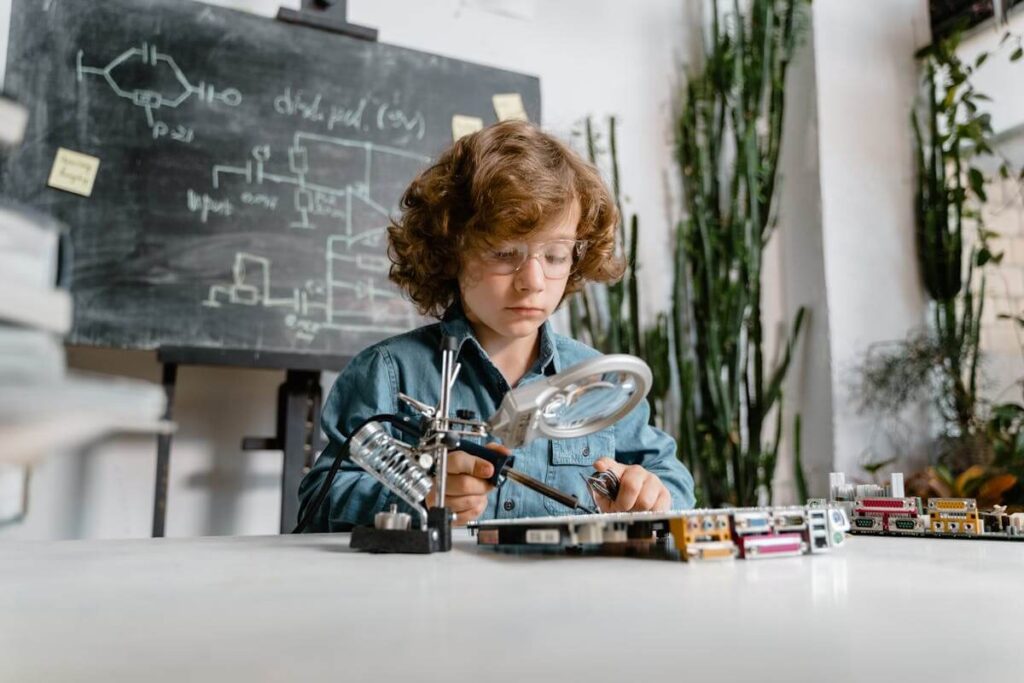
Personal development in children is a vital foundation for their success and happiness in life. By fostering essential skills and habits early on, parents can help their children grow into confident, resilient, and compassionate individuals. Here’s how you can nurture your child’s personal development effectively.
Encourage Open Communication
Create an environment where your child feels comfortable expressing their thoughts and feelings. This boy’s school in London suggests that this helps them develop emotional intelligence and self-awareness. Practice active listening by giving your full attention, maintaining eye contact, and responding empathetically. Ask open-ended questions to encourage deeper conversations and validate their emotions without judgment.
Teach the Value of Responsibility
Assign age-appropriate tasks that promote accountability, such as tidying their room, helping with groceries, or caring for a pet. Responsibilities teach children the importance of contributing to their household and build a sense of accomplishment. Use positive reinforcement to celebrate their efforts, which motivates them to continue being responsible.
Promote a Growth Mindset
Encourage your child to view challenges as opportunities to learn rather than as failures. Praise their effort rather than just their achievements. For example, instead of saying, “You’re so smart,” try, “I’m proud of how hard you worked on this.” This helps them understand that skills and intelligence can be developed through perseverance and dedication.
Foster Healthy Social Skills

Help your child build meaningful relationships by teaching empathy, active listening, and cooperation. Role-play social situations to practice these skills and encourage group activities, such as sports or clubs, to build teamwork. Additionally, guide them on how to handle conflicts constructively by promoting peaceful problem-solving and compromise.
Encourage Creativity and Curiosity
Support your child’s natural curiosity by exposing them to diverse experiences. Provide opportunities for exploration through books, outdoor activities, art, music, or science experiments. Allow them to pursue hobbies and interests that spark their imagination and creativity. This not only enriches their knowledge but also builds confidence in their abilities.
Model Positive Behaviours
Children learn by observing their parents. Be a role model by demonstrating kindness, respect, and resilience. Show them how to handle stress, express gratitude, and set achievable goals. When they see these behaviours in action, they’re more likely to emulate them in their own lives.
Encourage Regular Reflection
Teach your child the importance of self-reflection. Encourage them to think about their actions, decisions, and emotions. Simple practices like journaling or discussing their day during bedtime can help them develop introspection and learn from their experiences.
Provide a Safe and Supportive Environment
A stable and nurturing environment is crucial for personal development. Ensure your child feels loved and supported, no matter their successes or failures. Celebrate their achievements, provide comfort during setbacks, and remind them that they are valued.
Improving your child’s personal development requires consistent effort, patience, and understanding. By focusing on communication, responsibility, growth, creativity, and reflection, you can equip your child with the tools they need to thrive both personally and socially. Remember, your guidance and encouragement play a crucial role in shaping their future.



